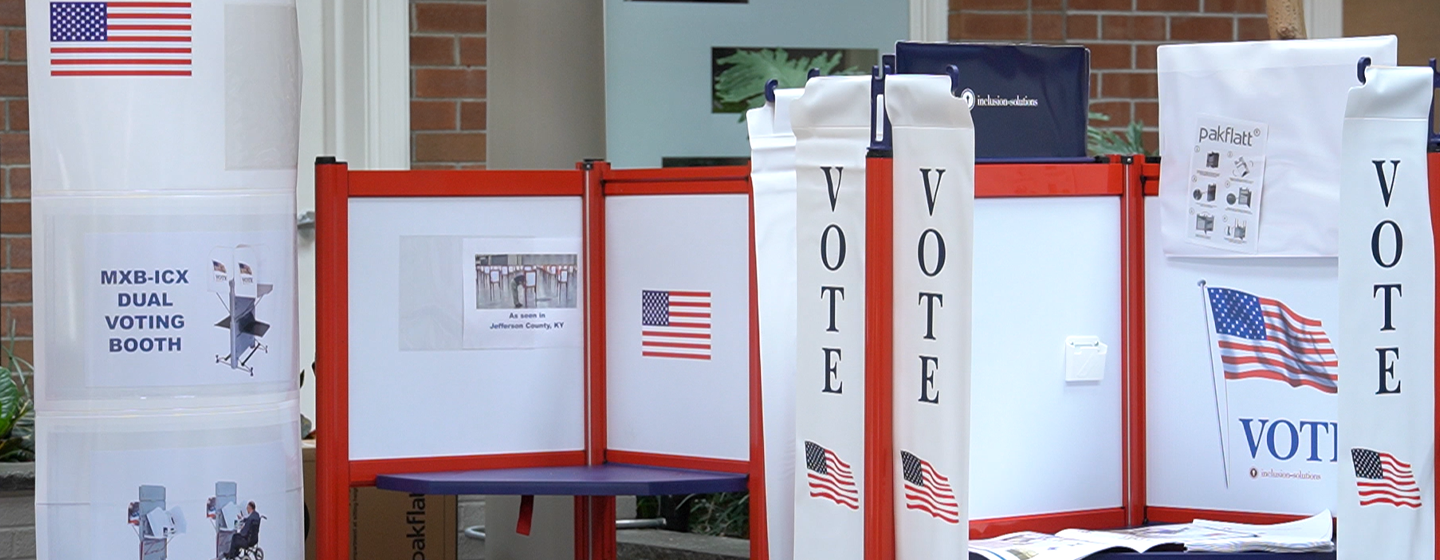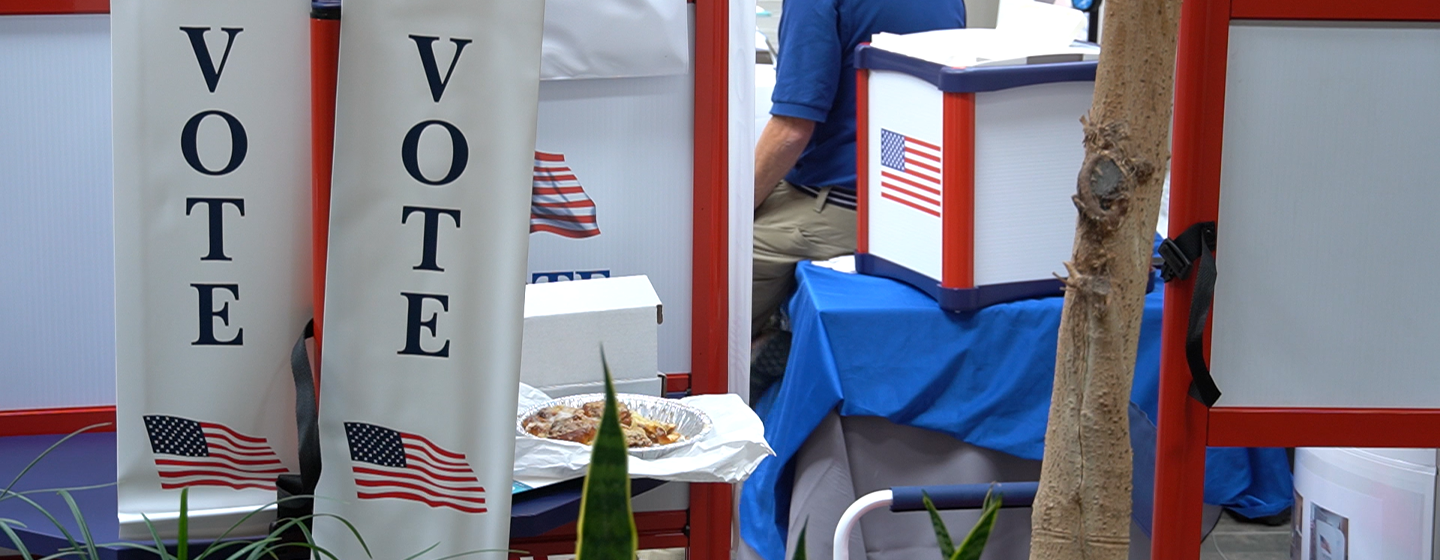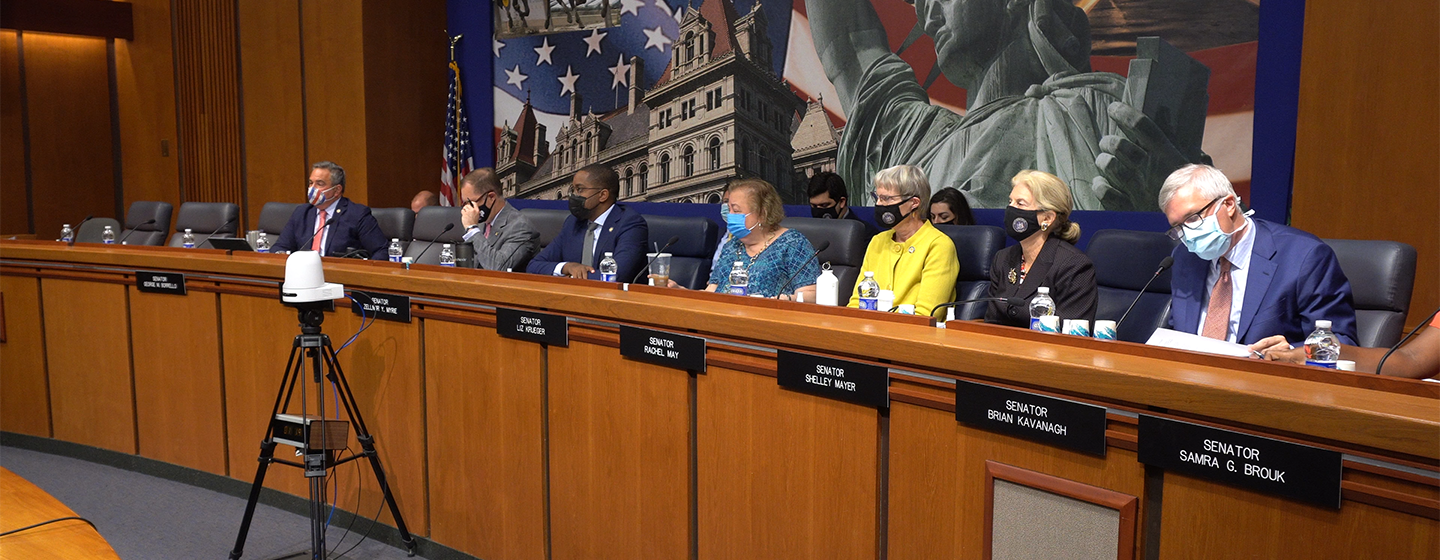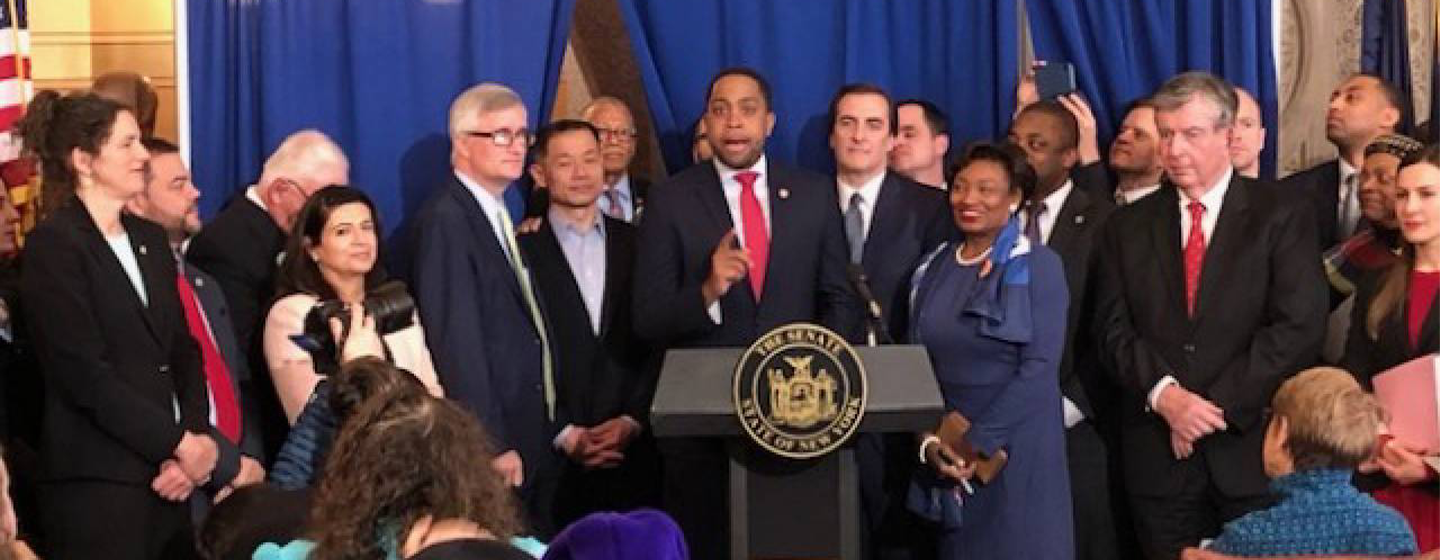Ballot Propositions that Expand Access to Voting Face GOP Backlash

Ballot Propositions that Expand Access to Voting Face GOP Backlash
Two propositions on the November ballot in New York are drawing a backlash from Republicans and Conservatives who say measures to allow same-day voter registration and universal mail-in voting could increase voter fraud.
Supporters say there is no evidence of that happening in other states where the practices are allowed.
Proposition three on this fall’s ballot would allow the state Legislature to enact same-day registration by eliminating a requirement in the state’s constitution that says someone must be registered to vote 10 days before Election Day.
Proposition four would repeal the requirement that limits absentee voting by mail to people who are too ill to come to the polls or are traveling and away from their polling site. It would eliminate obstacles to the state enacting universal mail-in balloting.
The head of the state’s Republican Party, Nick Langworthy, said if the propositions are approved, they could have a drastic negative impact on elections and create chaos at local boards of election.
“There are things that are there in very flowery, beautiful language that sound like they are for the betterment of our government and our access to elections,” Langworthy said. “But in reality, these proportions are devastating to our election integrity.”
Langworthy spoke in Buffalo during one of several stops on a statewide tour to gain attention to the propositions and the Republicans’ opposition to them.
The state’s Conservative Party is also opposed, and it's running ads.
Senate GOP Minority Leader Robert Ortt said the proposition to allow same-day voter registration could create election fraud unless voters are required to show identification. Ortt is the sponsor of a voter ID bill in the Senate.
“It’s the height of hypocrisy, racism and prejudice to suggest that in the year 2021, people of color, minorities, do not possess some form of identification,” Ortt said.
Ortt also warned that increased mail-in voting could lead to fraudulent ballot harvesting.
“What we’re talking about is organizations with a vested interest in the outcome of that election going to people with ballots that are already filled out and saying, ‘I just need you to sign,’” Ortt said. “It’s modern-day ballot box stuffing.”
Ortt cites a congressional district in North Carolina, where the 2018 election for the seat had to be redone because of the actions of a man who collected absentee ballots from some voters and then signed or filled them in himself.
According to research by, among others, the Massachusetts Institute of Technology and New York University’s the Brennan Center, incidences of voter fraud in the U.S. are extremely rare, and occur in just a fraction of a percentage point of cases.
Supporters of the propositions, including Susan Lerner of Common Cause, say the Republicans are making “false claims” about what she says are “common sense” proposals.
“This is fearmongering of the worst and most egregious sort,” Lerner said. “Moving towards a big lie which simply should not be acceptable in our political discourse.”
Lerner said 20 states and Washington, D.C., already have same-day registration and 34 states already allow voting by mail.
“There are many states, including states with Republican-led legislatures like Alaska, Wisconsin and Georgia, which enjoy the very rights that opponents want to deny to New Yorkers,” Lerner said. “Why should voters in Buffalo or Brooklyn miss out on the same opportunities as voters in two-thirds of the nation?”
Lerner said in the 2020 elections, because of the COVID-19 pandemic, New Yorkers were allowed to cite the coronavirus as a reason to request an absentee ballot. She said boards of elections processed the 1.4 million additional ballots without incident.
She said same-day registration and mail-in voting are popular with the public and increase turnout.
Both sides say they intend to get the word out on the propositions through Election Day.
Related:

New Yorkers Will Decide on Five Statewide Ballot Propositions
There are five statewide proposals, as well as many local issues, to be decided. Since many of them aren’t exactly clearly written, Jennifer Wilson with the League of Women Voters advised voters to do some research before going to the polls.

Election Reforms Have 'Put a Burden' on Local Boards of Elections, State Officials Say
While New York has worked to expand access to voting and the fair handling of elections in recent years, those changes have put new pressure on boards of elections across the state that weren't set up to handle that shift, state elections officials said Tuesday.

New York State Legislature acting on early voting, transgender rights
The Senate and Assembly are approving measures to expand the window in which New Yorkers can vote in elections, from one day to 11 days.


